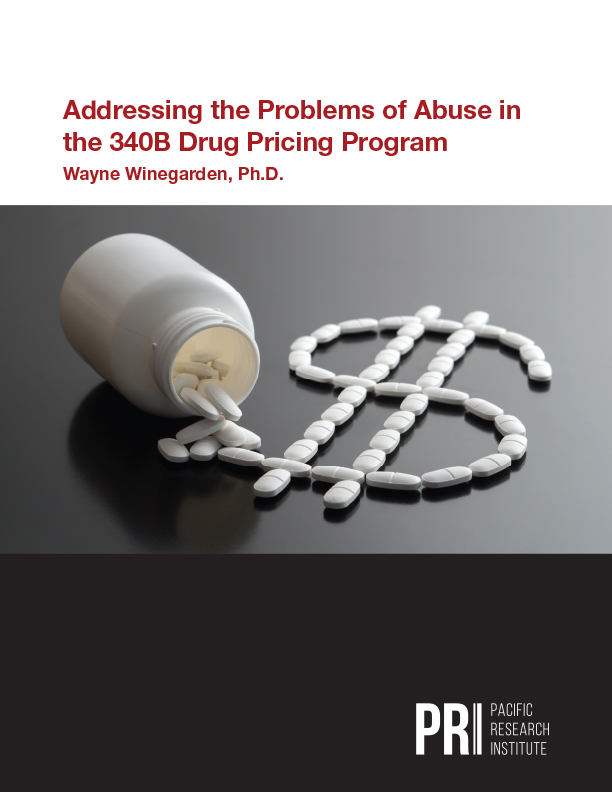Governor Newsom’s troubling first act on medications
In one of his first acts, Governor Newsom signed an executive order that will change how medicines are purchased in California. With visions of big-box store discounts dancing in his head, Governor Newsom has established a bulk program that will now purchase drugs for the state’s Medicaid program (Medi-Cal). The Governor believes that his executive order will create significant health care savings for the state, but he will be sorely disappointed. Imposing more government mandates and increasing bureaucratic control of the...



